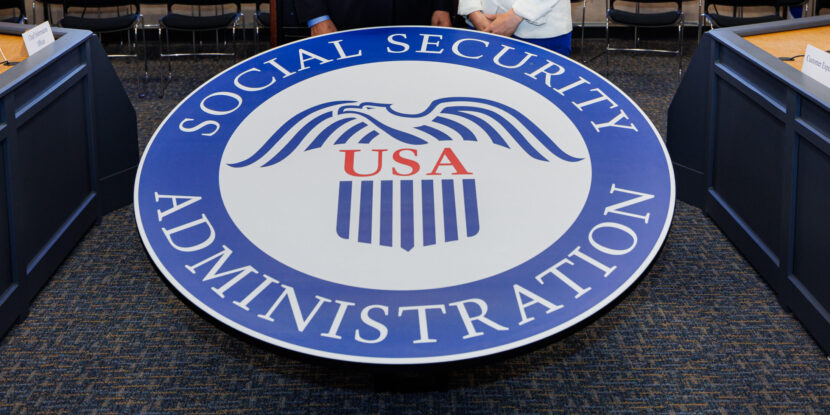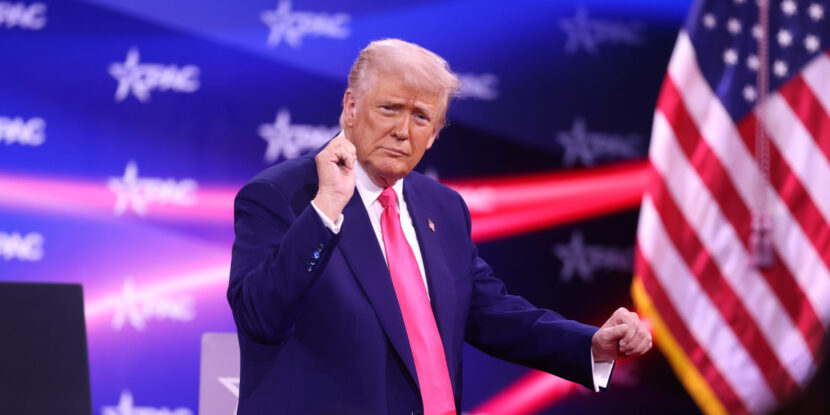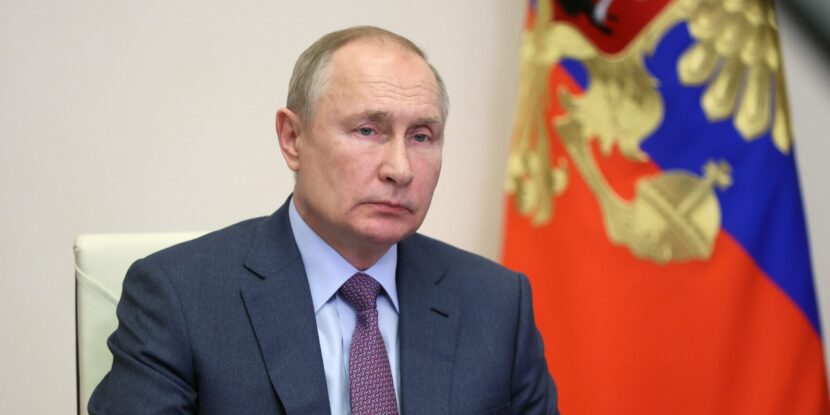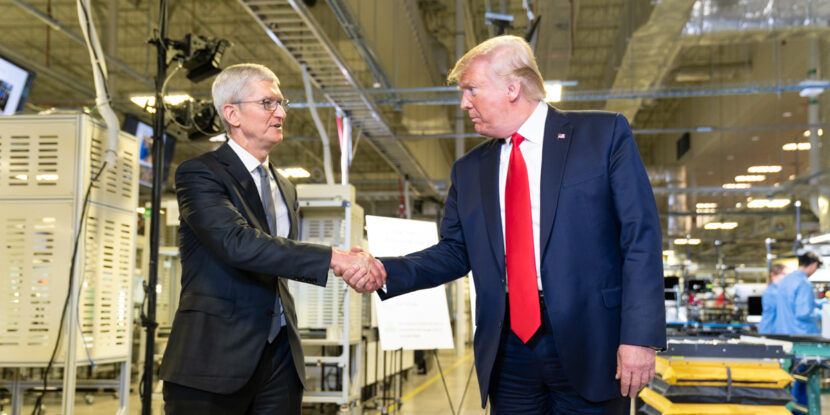Canada’s woke prime minister and sometime blackface enthusiast Justin Trudeau has accused President Donald J. Trump of being “dumb” by enforcing tariffs and allegedly “appeasing” Russian President Vladimir Putin. Trudeau announced that Canada would retaliate to the 25 percent tariffs on Canadian goods with its own 25 percent tariffs on $30 billion worth of American products. After 21 days, the tariffs will be expanded to cover another $125 billion worth of goods.
“The United States launched a trade war against Canada, their closest partner, and ally, the closest friend,” Trudeau said at a press conference. “At the same time, they’re talking about working positively with Russia, appeasing Vladimir Putin, a lying, murderous dictator. Make that make sense,” he whined.
President Trump enacted the tariffs against both Canada and Mexico for a variety of reasons, including the trafficking of illegal migrants and the deadly drug fentanyl across both borders into the United States.
The America First leader has been consistent on his desire to end the war between Russia and Ukraine, attempting to work with Ukrianian President Volodymyr Zelensky on a rare earth minerasl deal to give the U.S. an ongoing stake in Ukraine’s security. The Trump administration has also been in negotiations with Russia to end the conflict.
Trudeau announced his resignation earlier this year, and will likely remain in office for only a matter of weeks. In the U.S., he is best known for his crackdown on the Freedom Convoy protests during the COVID-19 pandemic, in which he used war-time emergency powers against peaceful protestors.
Following the Canadian leader’s outburst, President Trump warned “Governor” Trudeau that more tariffs could be incoming.
WATCH:
show lessTRUDEAU: “We’re going to choose not to go on vacation in Florida. We’re going to forgo bourbon.”
“We’re probably going to keep booing the American anthem.” pic.twitter.com/Zk7j4t4p8u
— Breaking911 (@Breaking911) March 4, 2025









